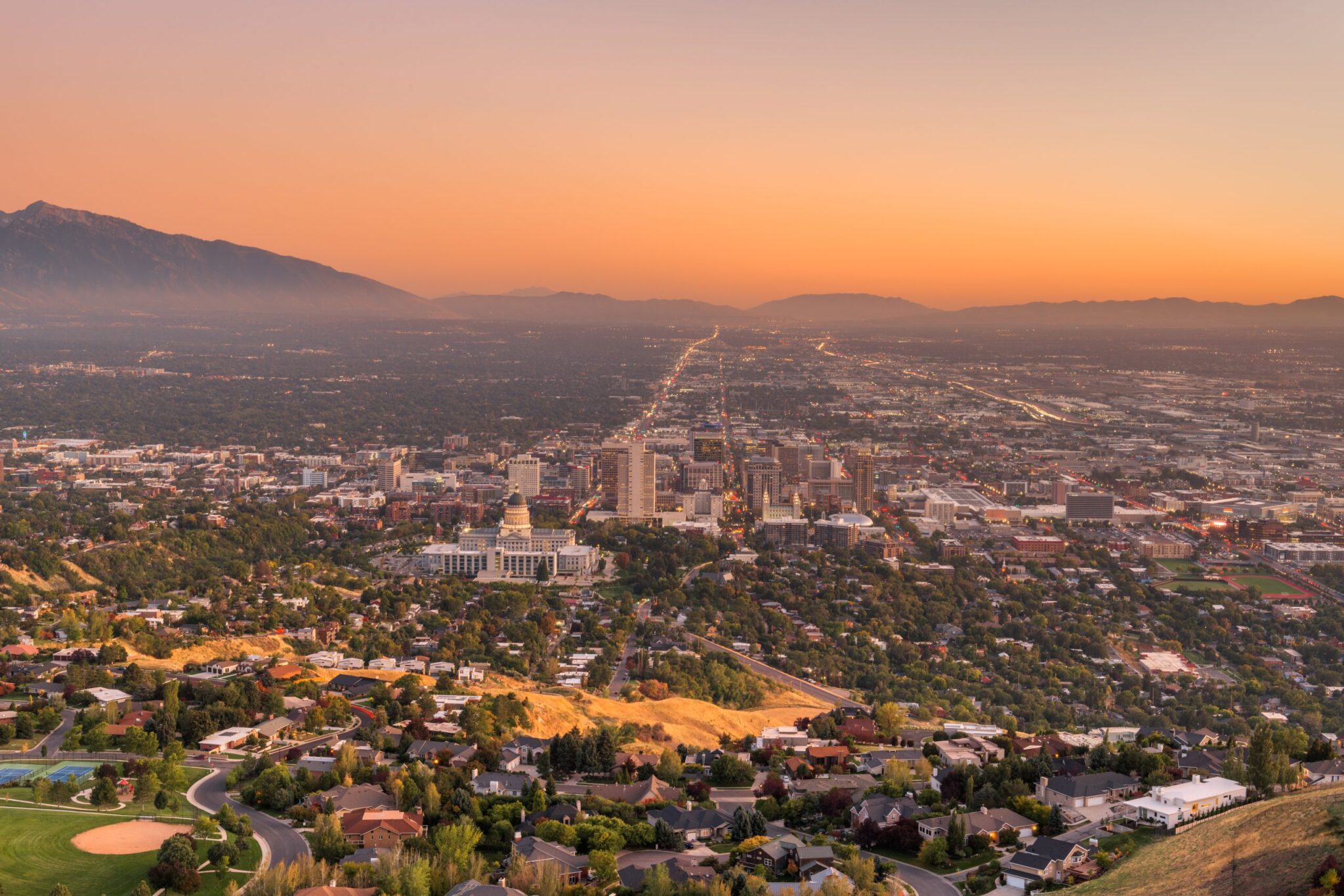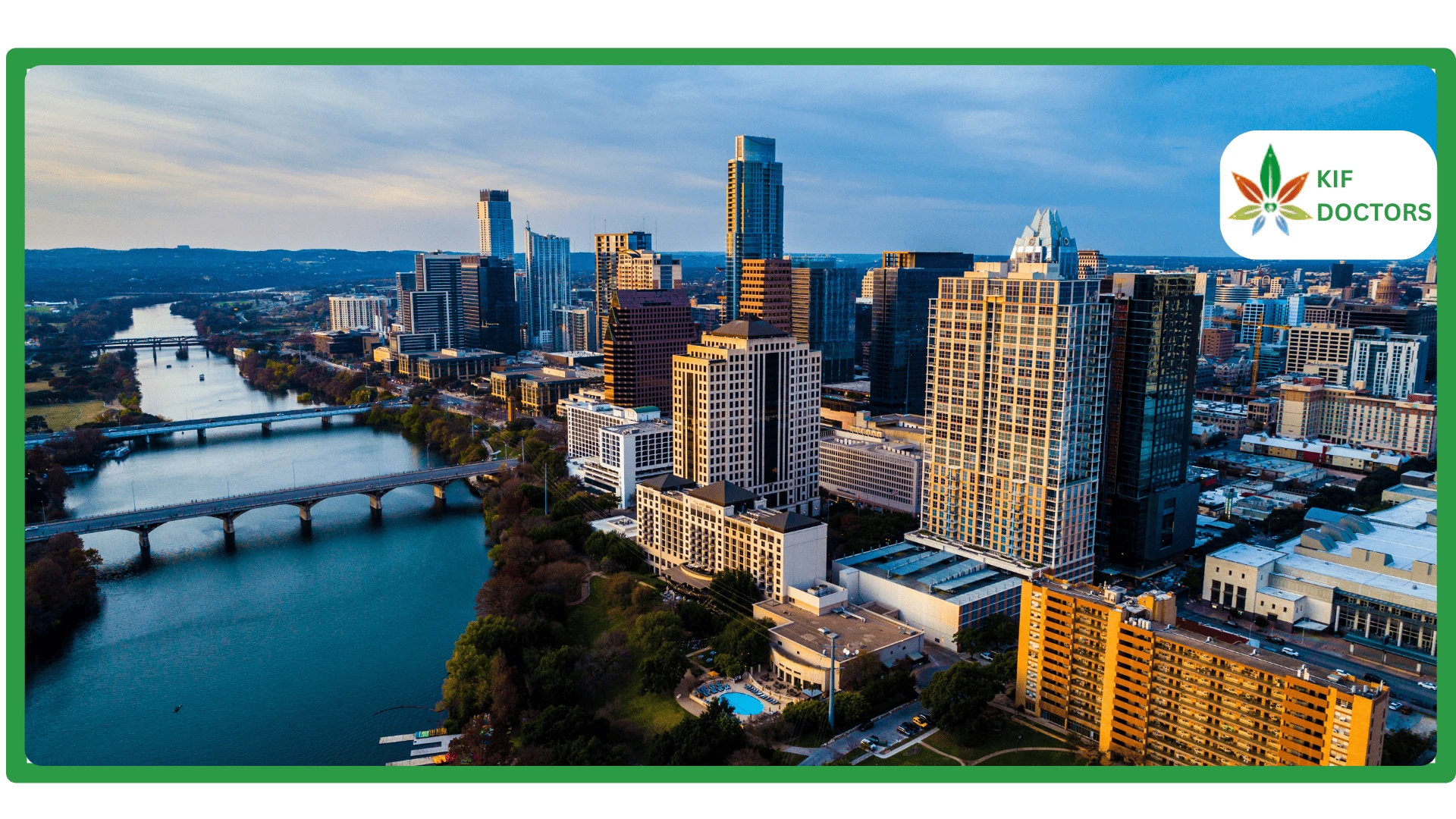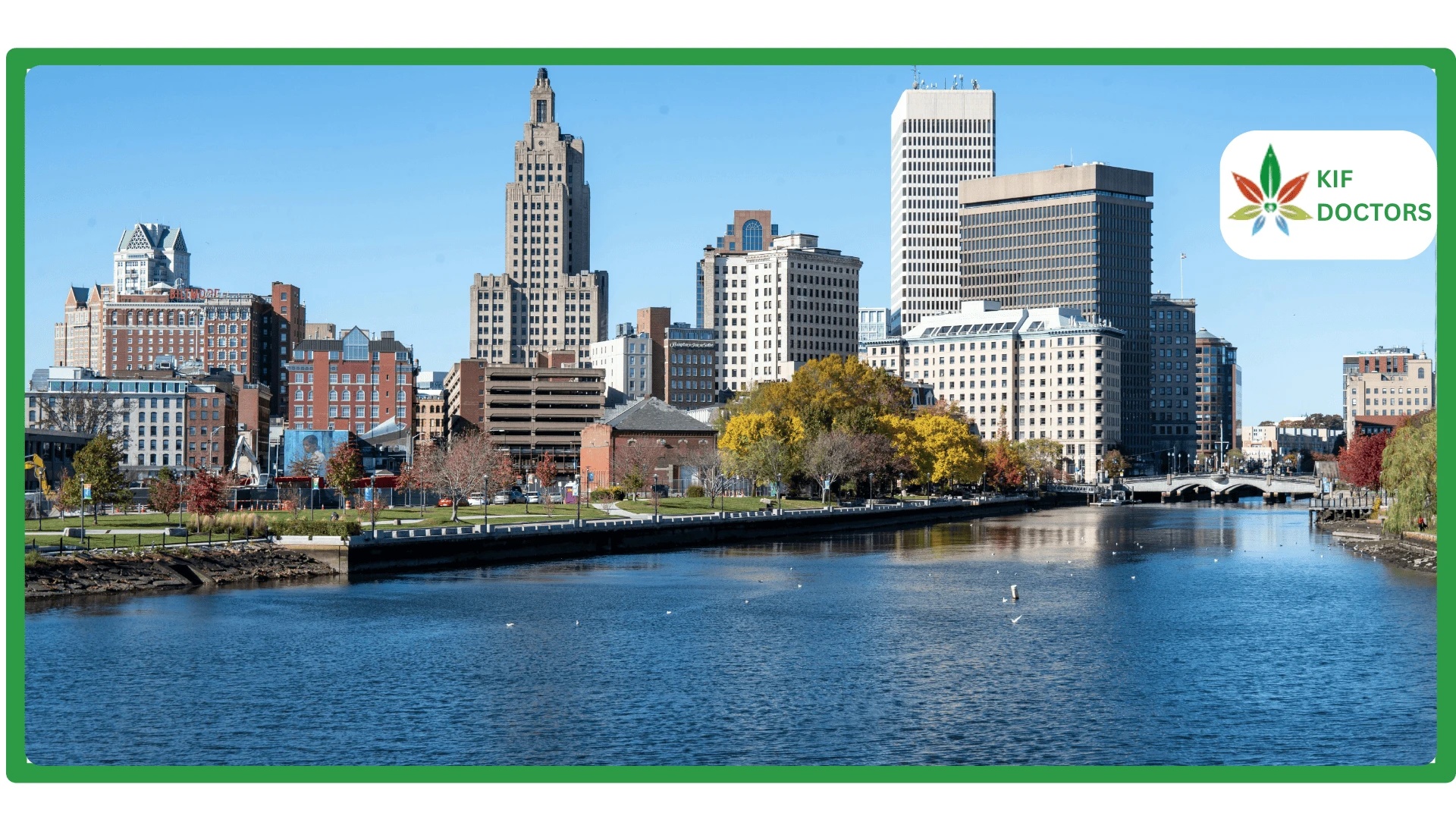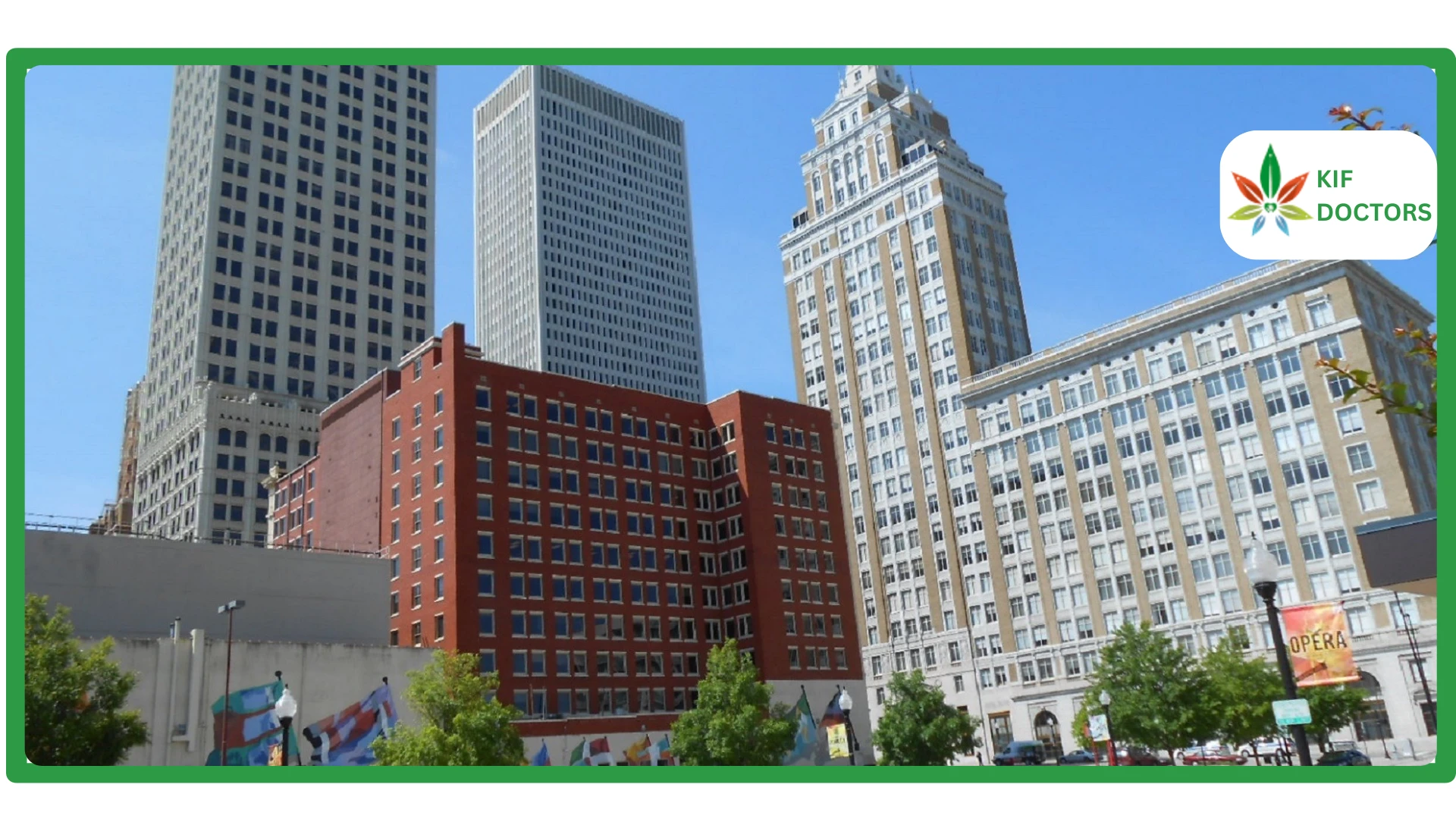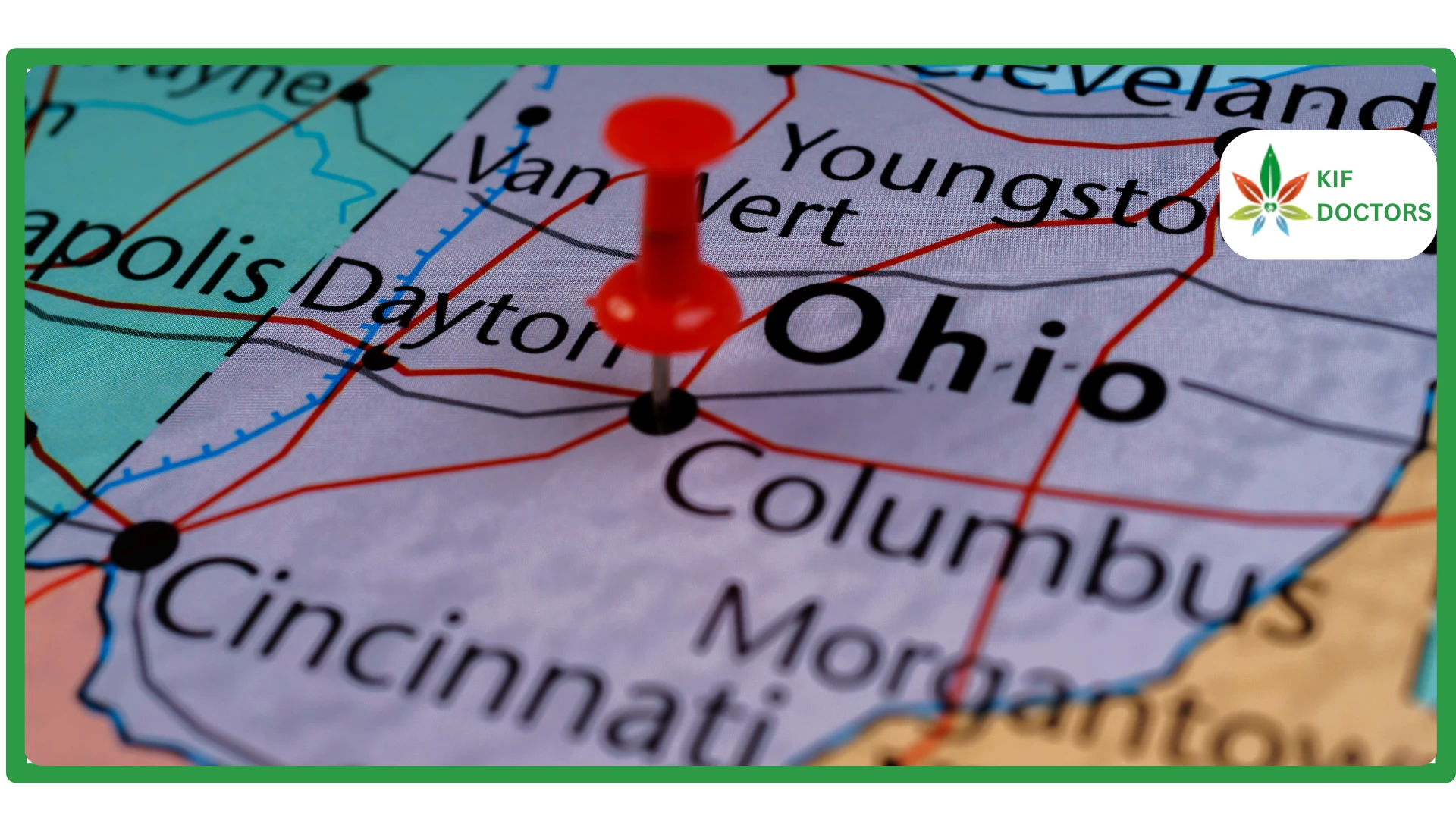Medical marijuana has become a vital option for many Utahns seeking relief from chronic conditions. In Salt Lake City, the process of obtaining a medical marijuana card is straightforward but requires understanding the state’s specific regulations. With Utah’s medical cannabis program growing—reaching over 83,000 cardholders by late March 2024—this guide provides a comprehensive, step-by-step approach to getting your card, understanding the laws, and accessing dispensaries. Whether you’re managing persistent pain, PTSD, or another qualifying condition, this article will walk you through everything you need to know.
Understanding Utah’s Medical Marijuana Program
Utah’s medical cannabis program, overseen by the Utah Department of Health and Human Services (DHHS), was established following the passage of Proposition 2 in 2018. The program allows patients with qualifying medical conditions to legally purchase and use cannabis products from state-licensed pharmacies. Unlike recreational marijuana, which remains illegal in Utah, medical cannabis is tightly regulated to ensure safety and compliance.
The program has seen significant growth. According to a recent report, Utah generated $157 million in medical marijuana sales in 2024, a 14% increase from the previous year. This growth reflects the state’s efforts to make cards more accessible, including extending the renewal period from six months to one year and reducing fees starting July 1, 2024. These changes have made it easier for patients to maintain their cards and access treatment.
For Salt Lake City residents, the process is particularly convenient due to the availability of Qualified Medical Providers (QMPs) and dispensaries in the area. However, navigating the system requires understanding the eligibility criteria, application process, and legal considerations.
Who Qualifies for a Medical Marijuana Card in Utah?
To obtain a medical marijuana card in Utah, you must meet specific eligibility requirements. The state has outlined a list of qualifying medical conditions, and a certified healthcare provider must confirm your diagnosis. Here are the key criteria:
- Qualifying Conditions: Utah recognizes conditions such as chronic pain, post-traumatic stress disorder (PTSD), nausea, epilepsy, multiple sclerosis, Crohn’s disease, cancer, HIV/AIDS, and Alzheimer’s disease, among others. Persistent pain and PTSD are the most common reasons for card applications.
- Residency: You must be a Utah resident or a temporary visitor with a qualifying condition. Non-residents can apply for a temporary card for use during their stay.
- Medical Evaluation: A Qualified Medical Provider or Limited Medical Provider (LMP) must evaluate you and recommend cannabis as part of your treatment plan.
- Age Requirements: Patients 18 and older can apply directly. Minors under 18 require a parent or legal guardian to apply for a caregiver card on their behalf.
If you’re unsure whether your condition qualifies, consult with a QMP. These providers are trained to assess your medical history and determine if cannabis is a suitable treatment option.
Step-by-Step Guide to Getting a Medical Marijuana Card in Salt Lake City
Obtaining a medical marijuana card in Utah involves a clear process. Below is a detailed guide to help you navigate each step.
- Find a Qualified Medical Provider (QMP): Start by scheduling an appointment with a QMP or LMP. These are licensed healthcare professionals registered with the state to recommend medical cannabis. In Salt Lake City, you can find QMPs at clinics like Cameron Wellness and Spa or through services like Veriheal. The consultation typically costs between $150 and $200 and must be conducted in person, as required by Utah law.
- Medical Evaluation: During your appointment, the QMP will review your medical history, discuss your symptoms, and determine if you have a qualifying condition. Be prepared to share relevant medical records, though they’re not always required. The provider will explain how cannabis can benefit your condition and address any concerns.
- Create a Utah ID Account: Before applying, you’ll need a Utah ID account through the state’s Electronic Verification System (EVS). Visit the Utah Department of Health and Human Services website to set up your account. This step is crucial for submitting your application.
- Submit Your Application: After receiving a recommendation from your QMP, log into the EVS portal to complete your application. You’ll need to upload a photo ID, proof of residency (such as a utility bill or driver’s license), and pay a $15 state registration fee (reduced to $8 starting July 1, 2024). The application process is entirely online.
- Wait for Approval: The state typically processes applications within 15 business days. Once approved, you’ll receive a digital copy of your medical marijuana card via email. You can use this card immediately to purchase cannabis from licensed dispensaries.
- Visit a Dispensary: With your card in hand, you can visit one of Utah’s licensed pharmacies. Salt Lake City has several dispensaries, such as Dragonfly Wellness and WholesomeCo, where you can purchase flower, edibles, tinctures, and other products. Be sure to bring your card and a government-issued ID to every visit.
I always recommend going for a Medical Marijuana Card. Services like Kif Doctors offer a streamlined way to Get Medical Marijuana Card Online Instantly, making the process even more convenient for those seeking quick approvals.
Costs Associated with a Medical Marijuana Card
While the process is relatively affordable, there are costs to consider. Here’s a breakdown of the typical expenses:
- Consultation Fee: The QMP consultation ranges from $150 to $200, depending on the provider. Some clinics offer financing options to make this more accessible.
- State Registration Fee: The application fee is $15, dropping to $8 starting July 1, 2024. Renewal fees are the same and required annually.
- Product Costs: Cannabis products vary in price depending on the type and dosage. For example, a gram of flower might cost $10-$15, while edibles or tinctures can range from $20 to $60. A $3 product fee is added per transaction, but this will decrease to $1.50 starting July 1, 2024.
Many patients find the costs worthwhile, given the legal protections and access to regulated products. Veterans and low-income patients may qualify for reduced fees in some cases, so check with your QMP or the DHHS for eligibility.
Legal Considerations and Protections
While medical marijuana is legal in Utah, there are important legal considerations to understand:
- Possession Limits: Cardholders can possess up to a 30-day supply of cannabis, as determined by their QMP. Exceeding this limit can result in fines or legal consequences.
- Home Cultivation: Growing cannabis at home is illegal in Utah, even for cardholders. All products must be purchased from licensed dispensaries.
- Public Use: Consuming cannabis in public places, including parks or streets, is prohibited. Use your products in a private residence to stay compliant.
- Employment Protections: Starting May 1, 2024, under SB 233, state and local governments cannot discriminate against employees who hold a medical marijuana card. However, private employers may still enforce drug-free workplace policies, so check with your employer.
- Federal Law: Marijuana remains illegal under federal law, which can create complications for government employees or those undergoing federal background checks. Research your specific situation before applying.
Always carry your medical marijuana card when possessing cannabis, as failure to present it can result in a $100 fine. Additionally, ensure your products are properly labeled to avoid penalties.
Accessing Dispensaries in Salt Lake City
Salt Lake City is home to several licensed dispensaries, making it easy for cardholders to access products. These pharmacies offer a range of options, including flower, edibles, vape cartridges, and topicals. Popular dispensaries include:
- Dragonfly Wellness: Known for its welcoming staff and wide product selection.
- WholesomeCo: Offers delivery services and a focus on organic products.
- Beehive Farmacy: Provides educational resources for new patients.
Before visiting, check the dispensary’s website for hours, product availability, and any first-time patient discounts. Some dispensaries also offer loyalty programs to help offset costs over time.
Challenges and Recent Developments
Utah’s medical cannabis program isn’t without its challenges. In August 2024, a software upgrade to the state’s Electronic Verification System caused glitches, preventing about one in five patients from purchasing cannabis. The DHHS has since worked on a permanent fix, but the incident highlighted the importance of staying informed about system updates.
On a positive note, the state is making strides to improve access. The creation of the University of Utah’s Center for Medical Cannabis, established under HB 230, aims to study the safety and efficacy of cannabis, potentially leading to expanded qualifying conditions in the future. Additionally, the reduction in fees and extended renewal periods reflect Utah’s commitment to supporting patients.
Tips for New Medical Marijuana Patients
Starting your medical cannabis journey can feel overwhelming, but these tips can help you navigate the process with confidence:
- Research QMPs: Choose a provider with experience in medical cannabis to ensure a thorough evaluation.
- Start Low and Go Slow: If you’re new to cannabis, begin with low doses and gradually adjust based on your QMP’s guidance.
- Keep Records: Track your symptoms and cannabis use to discuss with your provider during follow-ups.
- Stay Compliant: Always follow state laws to avoid legal issues, such as carrying your card and purchasing only from licensed dispensaries.
- Explore Products: Experiment with different forms of cannabis (e.g., edibles vs. flower) to find what works best for your condition.
Frequently Asked Questions
How long does it take to get a medical marijuana card in Utah?
The state typically processes applications within 15 business days. Once approved, you’ll receive a digital card via email, which you can use immediately.
Can I use my Utah medical marijuana card in other states?
Utah’s medical marijuana card is not valid outside the state, as reciprocity varies by state. Check the laws of the state you’re visiting before traveling with cannabis.
What happens if I lose my card?
Contact the Utah Department of Health and Human Services to request a replacement. You cannot purchase cannabis without a valid card, so act quickly.
Can I apply for a card if I’m not a Utah resident?
Yes, non-residents with a qualifying condition can apply for a temporary card valid for use during their stay in Utah.
Are there discounts for veterans or low-income patients?
Some QMPs and dispensaries offer discounts for veterans and low-income patients. Contact your provider or the DHHS to inquire about eligibility.
Conclusion
Obtaining a medical marijuana card in Salt Lake City is a manageable process that opens the door to safe, legal access to cannabis for qualifying patients. By following the steps outlined in this guide—finding a QMP, submitting your application, and staying compliant with state laws—you can take control of your health and explore cannabis as a treatment option. With Utah’s program continuing to evolve, including lower fees and expanded research, now is a great time to consider whether medical marijuana is right for you. Always consult with a healthcare provider to make informed decisions, and take advantage of the resources available through the state and local dispensaries to support your journey.
 Since 2021, Kif offers a streamlined platform to get a medical marijuana card online. We have served more than 45K patients across the United States. Sign Up Now to get the right to use medical cannabis for your health condition without any delay.
Since 2021, Kif offers a streamlined platform to get a medical marijuana card online. We have served more than 45K patients across the United States. Sign Up Now to get the right to use medical cannabis for your health condition without any delay.















